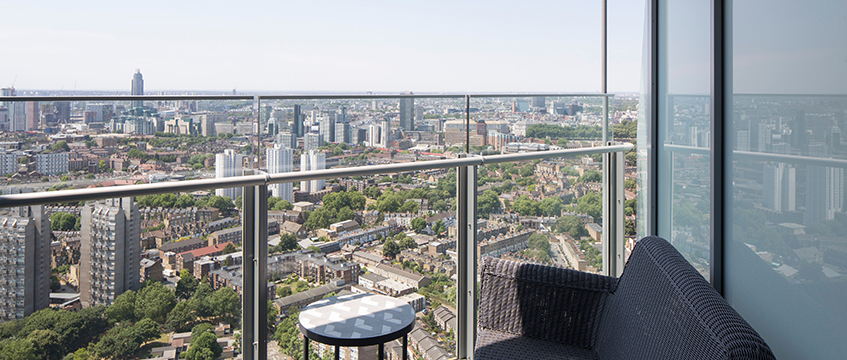The Law Commission has proposed reforms that would support the expansion of commonhold as an alternative to leasehold.
It has announced a consultation on a range of legal reforms which it says will remove barriers to uptake, and kick-start commonhold as an alternative way of owning property that avoids the shortcomings of leasehold ownership.
The consultation on the proposals outlined in its document, Reinvigorating Commonhold: The Alternative to Leasehold Ownership, runs until 10 March 2019.
Commonhold, introduced in 2002 as a new way to own property, allows a person to own a freehold flat and at the same time be a member of the company that owns and manages the shared areas and the structure of the building.
Commonhold ownership is commonly used around the world – across Europe and in countries such as the US and Australia – but in England and Wales, take-up has been poor; the Commission says that fewer than 20 commonhold developments have been built.
It says there are several reasons for this, including criticism that the system lacks flexibility to cater for larger, more complex developments and makes it difficult for existing leaseholders to convert their lease into commonhold. It adds that legal issues have also made many mortgage lenders reluctant to provide loans against commonhold properties.
Professor Nick Hopkins, commissioner at the Law Commission, said: “Commonhold provides a once-in-a-generation opportunity to rethink how we own property in England and Wales, and offers homeowners an alternative system to leasehold. It involves a culture change, moving away from an ‘us and them’ mindset, towards ‘us and ourselves’.
“We want to hear what people think of our proposals so we can be sure the commonhold system will work for homeowners and the wider property sector.”
The Law Commission says that commonhold offers “significant benefits to homeowners” when compared with leasehold, including:
- Owners own their property outright, so their ownership won’t run out in the future – whereas leases expire and extending them can be costly.
- There is no landlord – instead, owners have a stake in the wider building and can make decisions about the shared areas together.
- There is no ground rent – owners will only pay what it costs to maintain the building and will control that expenditure.
- There is no risk of forfeiture in commonhold – in leasehold, if a leaseholder breaches the terms of the lease, the landlord can take back the property without paying anything to the leaseholder.
- Standard rules and regulations apply – which means owners know where they stand, and should also make conveyancing simpler and cheaper.
The reforms would:
- Allow a commonhold development to include both residential units (incorporating different types of affordable housing such as shared ownership) and commercial units (such as restaurants and shops).
- Make it easier to convert from leasehold to commonhold.
- Increase lender confidence in commonhold so as to increase the choice of mortgage lenders available to purchasers.
- Replace service charges set by a landlord with commonhold contributions which have to be approved by a majority of those paying them.
The consultation document and other details can be read at: https://www.lawcom.gov.uk/project/commonhold/
To send feedback, e-mail jess.harrold@egi.co.uk or tweet @estatesgazette










